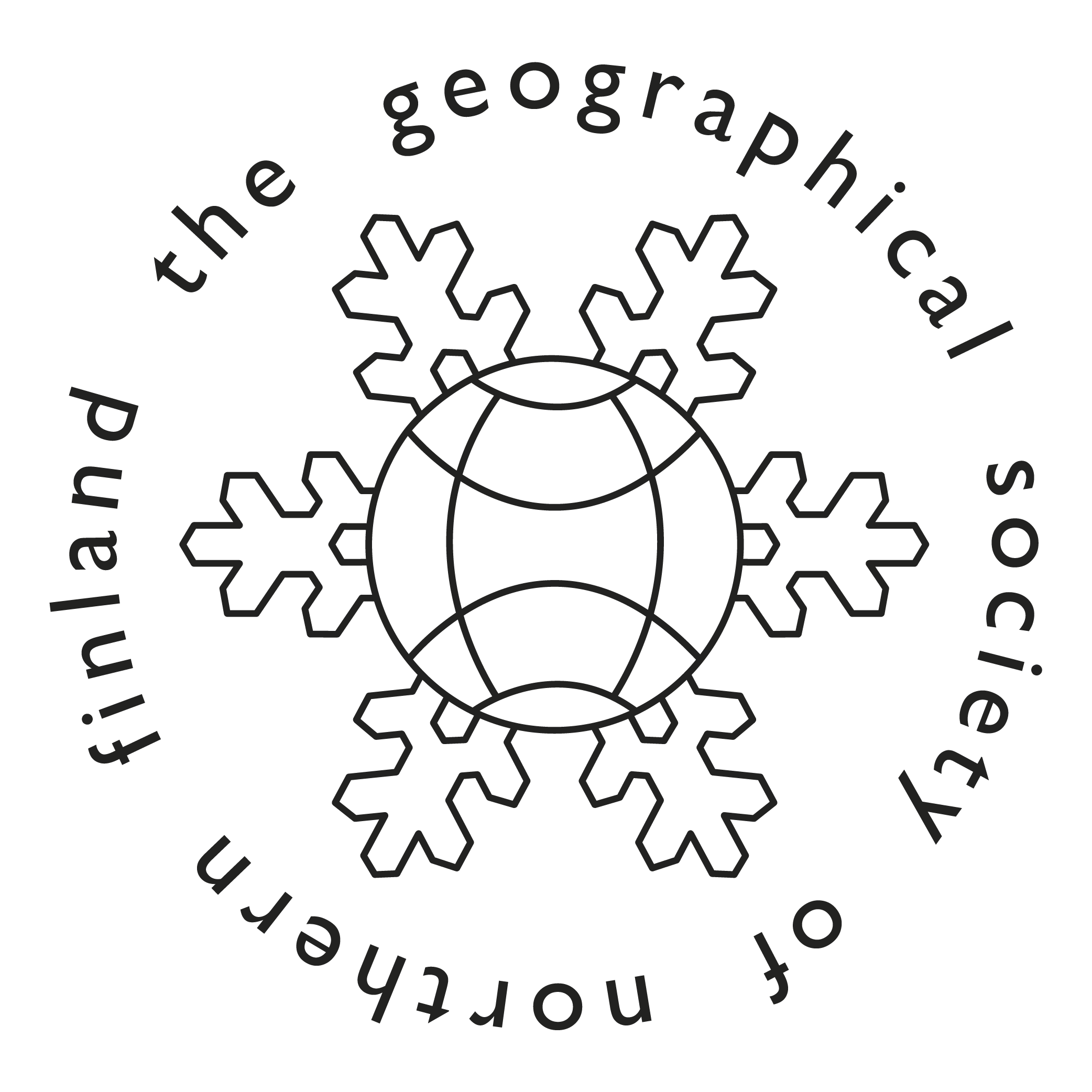Climate change awareness and adaptation in nature-based winter tourism: Regional and operational vulnerabilities in Finland
Abstrakti
The tourism industry is highly dependent on natural resources such as climate. Besides being one of the most important motivational factors for many tourists and thus guiding the flows of tourists, climatic conditions also determine and define the attractiveness and activities of tourism destinations and influence their accessibility. Therefore, changes in any climatic elements affect the industry’s future and development. The impacts of projected climate change will have severe implications for the regional and operational structures of the tourism industry, especially in nature-based tourism which is considered one of the most vulnerable forms of tourism in relation to changing climate. In order to cope with these implications, to gain from the positive impacts and to avoid or lessen the negative consequences the industry has to implement adaptation measures while participation in mitigation activities is also required. For a fragmentary industry consisting of several stakeholders and varying types of attractions and destinations this may not be an easy task, especially when knowledge of tourism’s interrelationship with climate change is still somewhat limited.
This thesis contributes to the knowledge of the relationship between tourism and climate change by examining climate change awareness and perceptions and the adaptation processes of the nature-based winter tourism industry. Finland, a country where tourism relies heavily on natural resources, and where snow-based winter tourism consists of a variety of activities, forms an interesting context for the study. The thesis assesses the factors affecting the development of climate change perceptions and knowledge among nature-based tourism stakeholders and the adaptation processes and adaptive capacity of the industry from the perspectives of supply and demand.
The study consists of a continuum of case studies that shed light on the vulnerability and adaptive capacity of the winter tourism sector in Finland. The research process has included several stages and both qualitative and quantitative data have been used to examine the multifaceted research questions. The empirical data include thematic interviews (two sets, realised in 2005 and 2009/2010) and two questionnaire surveys (one for tourism entrepreneurs and the other for tourists). Moreover, a variety of secondary data (e.g. statistics, development documents, newspaper articles) have been utilised during the research process.
The findings of the study indicate that the tourism industry’s awareness and belief in climate change as a real phenomenon have increased and strengthened during the research process. The media and recent weather anomalies have affected tourism stakeholders’ perceptions of climate change. Consequently, the industry’s attitudes towards adaptation have changed, but not significantly. Several interrelated factors affecting the industry’s vulnerability and adaptive capacity were identified. Nevertheless, their importance varies depending on the scale of examination. In general, the geographical location, the nature and relative importance of tourism, and certain social aspects of tourism and the community (e.g. traditions of collaboration, attitudes and support of the community) together with the pursuit of sustainable and year-round tourism were considered central determinants guiding the future of tourism in a changing climate.







